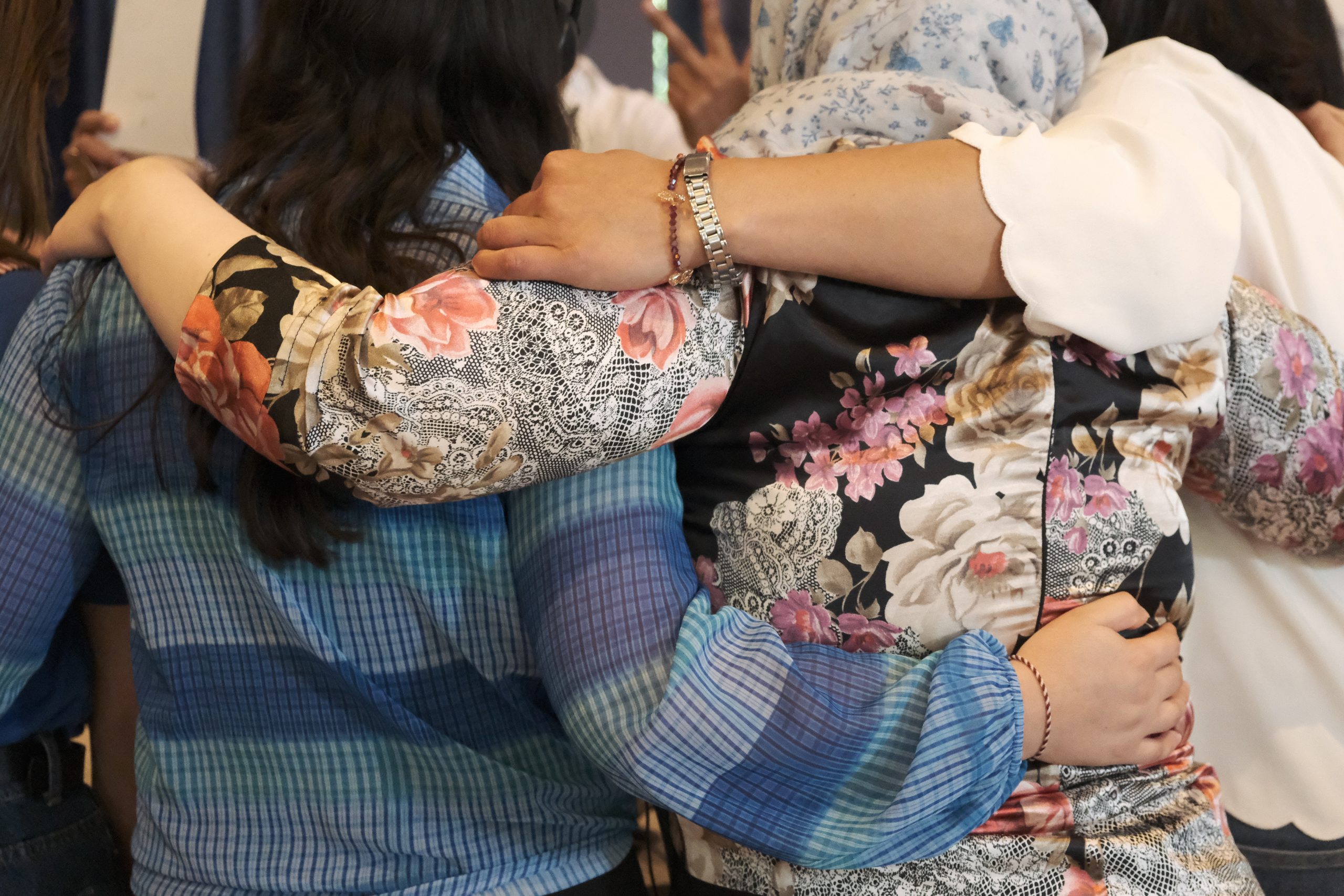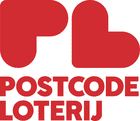September 25, 2025
Syria: scaling up holistic care and supporting the creation of survivors’ networks for advocacy and solidarity
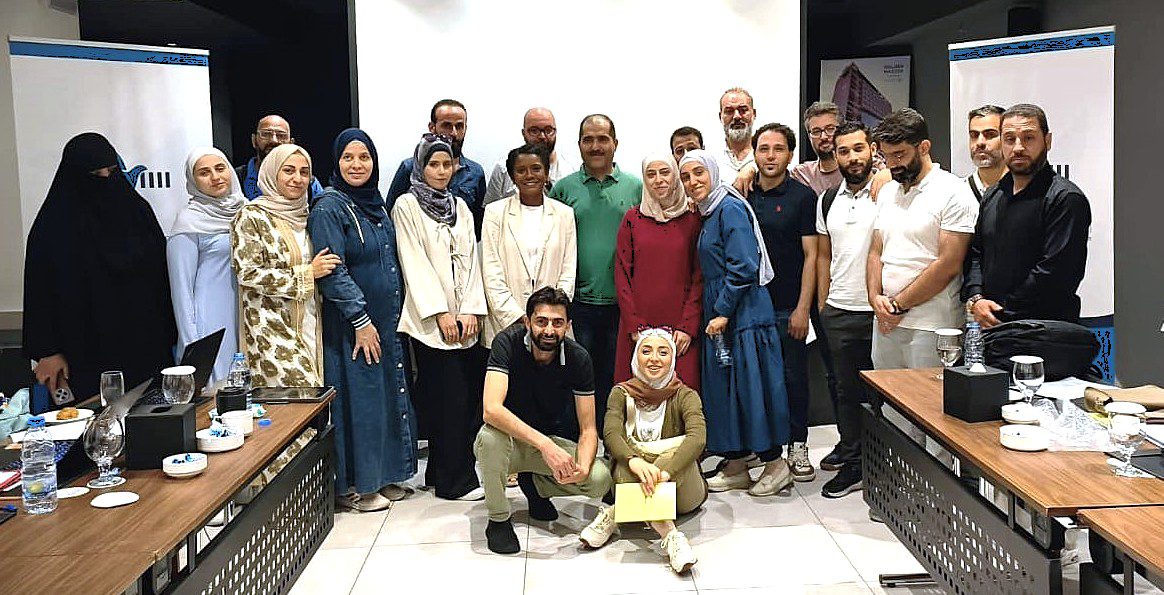
In an important first step to expand access to care for survivors of conflict-related sexual violence in Syria, the Mukwege Foundation has partnered with the Association of Detainees and the Missing Persons in Seydnayah Prison (ADMSP).
Since March 2025, we have been working together on A Survivor-Led Path to Care and Justice, a joint project that strengthens trauma-informed, holistic responses for survivors of conflict-related sexual violence, as well as the children and families of the disappeared.
This September, our team travelled to Syria to begin laying the foundations for a survivor network and to further develop this work. Read on to learn how survivors themselves are shaping care and justice in Syria.
Strengthening holistic care in Syria, inspired by the Panzi Model
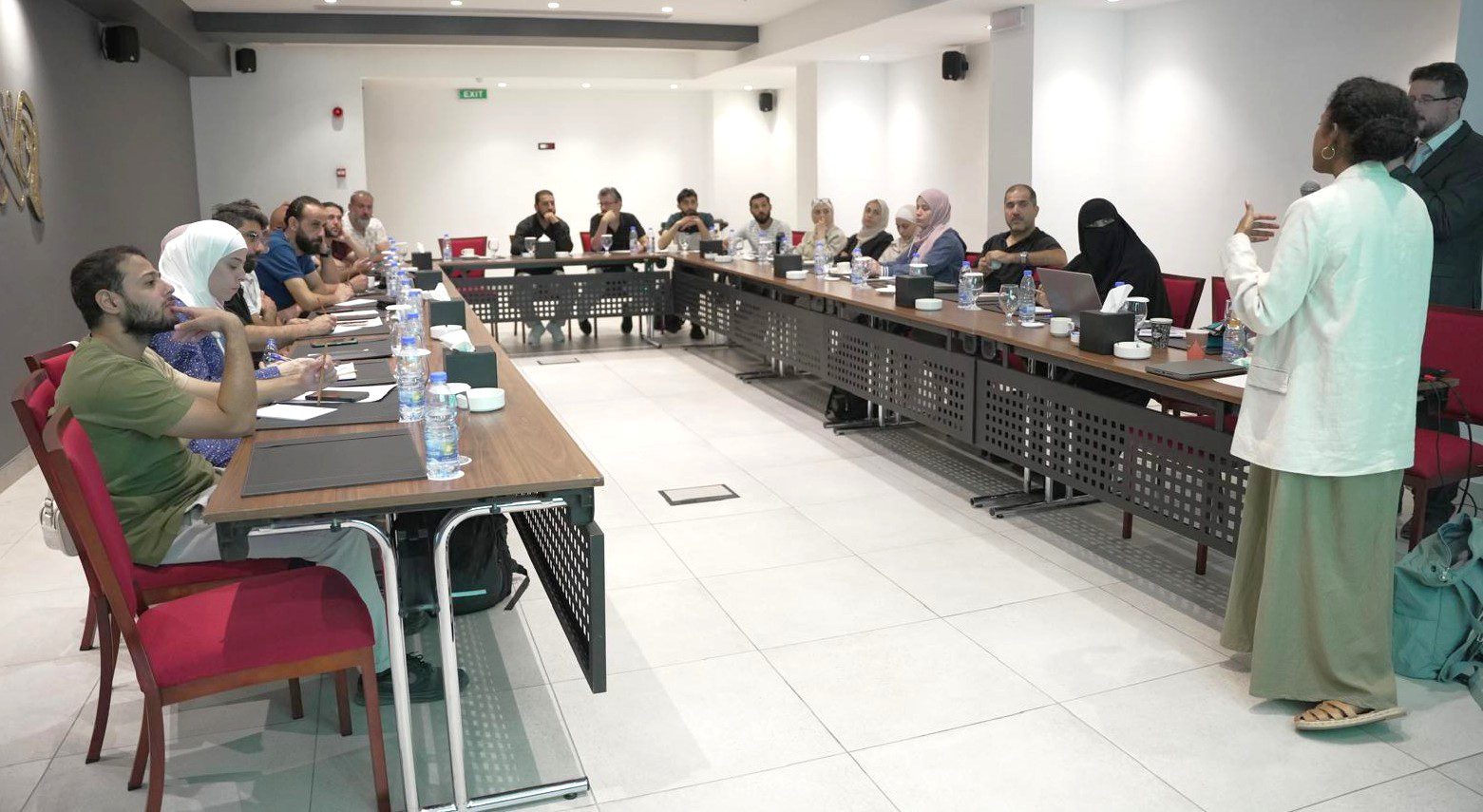
Over two and a half days, the Mukwege Foundation facilitated a series of sessions that were an opportunity for reflection and mutual learning with ADMSP. Together, we explored how conflict-related sexual violence touches not just individuals but entire families and communities.
The room was filled with careful listening, questions, and shared experiences, as participants began to see the power of the Panzi holistic model of care – a compassionate, survivor-centred, holistic approach that responds to the physical, psychological, social and legal needs of survivors all in one place. Participants imagined how the Panzi model of holistic care could be applied in Syria.
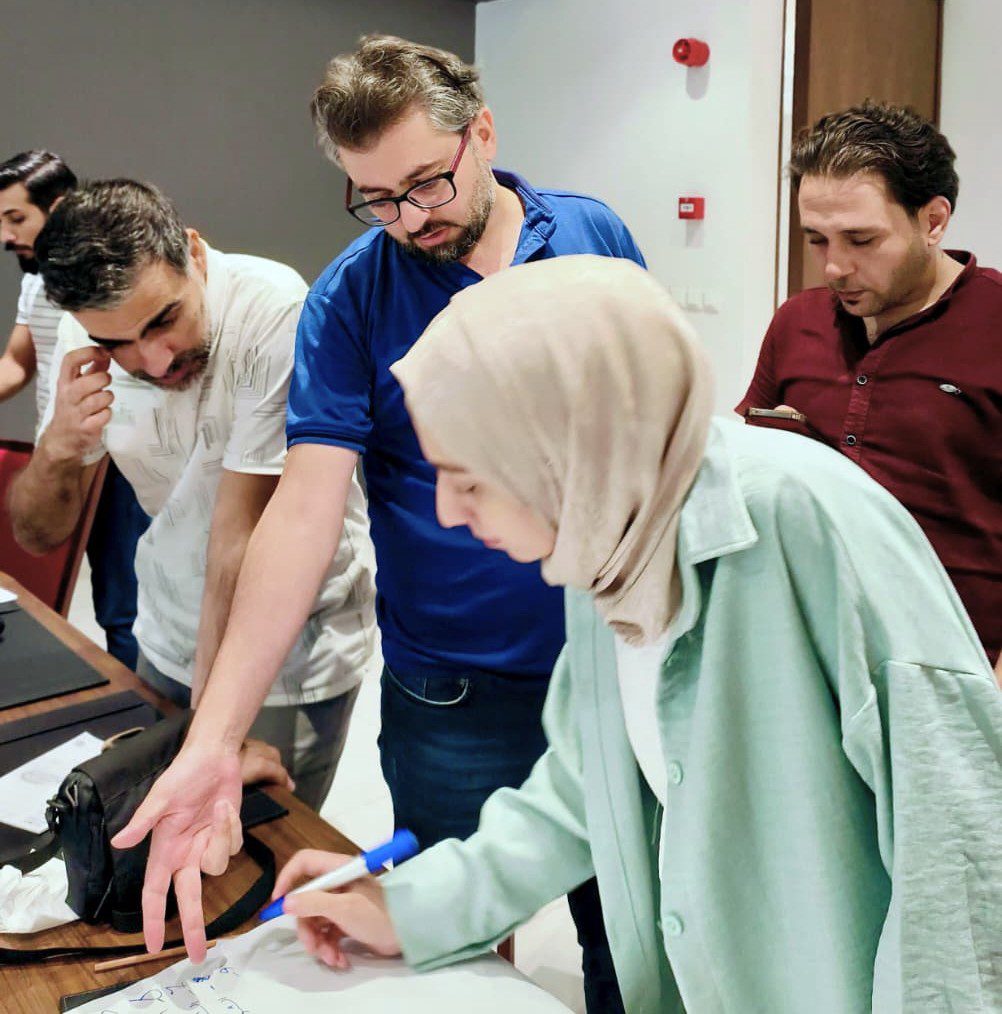
The training drew on the Mukwege Foundation’s global experience, utilising adapted materials tailored to the realities of the Syrian context. Our team conducted a learning needs assessment beforehand, ensuring that this exchange was rooted in what participants face in their daily work.
Most importantly, the training fostered a safe space for reflection, where participants shared lessons, reflected on their own practices, and started to map out recommendations for strengthening survivor-centred approaches within their organisation.
Listening to survivors: understanding needs and priorities
“We don’t want you to give us the fish or feed us, we want you to teach us how to fish. That’s the most important thing.” – Training participant.
The Mukwege Foundation also carried out consultations with survivors of detention in Damascus, with the support of ADMSP. Over two days, survivors gathered in small groups to discuss openly their needs and priorities regarding access to care, the impact of stigma on survivors, and to explore their interest in establishing a platform or a coalition of survivors.
Four group discussions were held: two with men and two with women. Both male and female survivors face multi-dimensional, interconnected vulnerabilities spanning justice, health, livelihoods, social reintegration, education, and recognition.
Yet their post-detention experiences diverge sharply. Male survivors are generally within their communities, with key concerns centring on dignity, empowerment and sustainable livelihoods. Female survivors, in contrast, often face intense stigma tied to perceptions of “shame,” which severely hinders their reintegration. This stigma is further compounded by the heavy burden of caregiving responsibilities.
One young woman explained how stigma affects former female prisoners:
“Because of the structure of our societies, the male-dominated societies, they think that something happened to me, and I can’t have sexual intercourse, and I can’t have children. That’s why I’m refraining from marriage. Other things that I observe often are that even if a person would like to marry a young woman who he loved, or his parents want to get him married to a young woman, one of the aspects of stigma was that the family of the young woman would not accept because she was a former prisoner”
Across both groups, one message was clear: recovery cannot happen in isolation. Survivors need peer networks, safe spaces, and coordinated support that bridges health, justice, livelihoods, and social reintegration. Without this, the cycle of trauma risks repeating itself.
What comes next
Building on the momentum, the Mukwege Foundation is preparing two more rounds of training. One will be dedicated to ADMSP staff, offering specialised guidance on trauma and a deeper focus on sexual and gender-based violence. The other will be open to a broader group of professionals, identified after a scoping visit, to strengthen survivor-centred care across Syria.
At the same time, the survivor consultations will continue. With the new knowledge and tools gained through the Mukwege Foundation’s guidance, the ADMSP team will expand its reach, speaking with survivors in other provinces, such as Homs, Hama, Latakia, Aleppo, and Idlib. They will also cross the border into southern Türkiye, where many Syrian women who survived detention are now living.
The aim is clear: to hear from more survivors, understand their realities, and ensure their voices guide the path forward. Step by step, these conversations and trainings are laying the groundwork for a survivor-led network that can push for care, justice, and recognition.
Thank you
We thank the Association of Detainees and the Missing Persons in Seydnayah Prison (ADMSP) for their valuable work, and the German Federal Foreign Office for their support.

